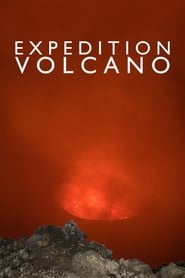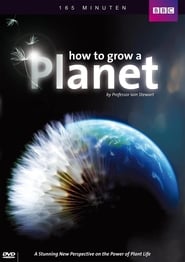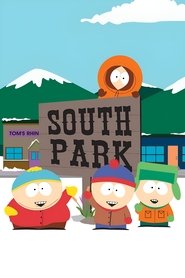Horizon - Season 37 Episode 4 Supervolcanoes
Hidden deep beneath the Earth's surface lie one of the most destructive and yet least-understood natural phenomena in the world - supervolcanoes. Only a handful exist in the world but when one erupts it will be unlike any volcano we have ever witnessed. The explosion will be heard around the world. The sky will darken, black rain will fall, and the Earth will be plunged into the equivalent of a nuclear winter.
Normal volcanoes are formed by a column of magma - molten rock - rising from deep within the Earth, erupting on the surface, and hardening in layers down the sides. This forms the familiar cone shaped mountain we associate with volcanoes. Supervolcanoes, however, begin life when magma rises from the mantle to create a boiling reservoir in the Earth's crust. This chamber increases to an enormous size, building up colossal pressure until it finally erupts.
The last supervolcano to erupt was Toba 74,000 years ago in Sumatra. Ten thousand times bigger than Mt St Helens, it created a global catastrophe dramatically affecting life on Earth. Scientists know that another one is due - they just don't know when... or where.
Yellowstone National Park: It is little known that lying underneath one of America's areas of outstanding natural beauty - Yellowstone Park - is one of the largest supervolcanoes in the world. Scientists have revealed that it has been on a regular eruption cycle of 600,000 years. The last eruption was 640,000 years ago... so the next is overdue.
And the sleeping giant is breathing: volcanologists have been tracking the movement of magma under the park and have calculated that in parts of Yellowstone the ground has risen over seventy centimetres this century. Is this just the harmless movement of lava, flowing from one part of the reservoir to another? Or does it presage something much more sinister, a pressurised build-up of molten lava?
Scientists have very few answers, but they do know that the impact of a Yellowstone eruption is terrifying to comprehend. Huge areas of the USA would be destroyed, the US economy would probably collapse, and thousands might die.
And it would devastate the planet. Climatologists now know that Toba blasted so much ash and sulphur dioxide into the stratosphere that it blocked out the sun, causing the Earth's temperature to plummet. Some geneticists now believe that this had a catastrophic effect on human life, possibly reducing the population on Earth to just a few thousand people. Mankind was pushed to the edge of extinction... and it could happen again.
First Air Date: Feb 04, 1964
Last Air date: Jul 22, 2024
Season: 60 Season
Episode: 1162 Episode
Runtime: 60 minutes
IMDb: 7.30/10 by 30.00 users
Popularity: 409.044
Language: English
Keyword :
Season
Season 0
Season 1
Season 2
Season 3
Season 4
Season 5
Season 6
Season 7
Season 8
Season 9
Season 10
Season 11
Season 12
Season 13
Season 14
Season 15
Season 16
Season 17
Season 18
Season 19
Season 20
Season 21
Season 22
Season 23
Season 24
Season 25
Season 26
Season 27
Season 28
Season 29
Season 30
Season 31
Season 32
Season 33
Season 34
Season 35
Season 36
Season 37
Season 38
Season 39
Season 40
Season 41
Season 42
Season 43
Season 44
Season 45
Season 46
Season 47
Season 48
Season 49
Season 50
Season 51
Season 52
Season 53
Season 54
Season 55
Season 56
Season 57
Season 58
Season 59
Season 60
Episode
Breath of Life
The Lost City of Nasca
The Diamond Makers
Supervolcanoes
Miracle In Orbit
Complete Obsession - Body Dysmorphia
Is GM Safe?
Planet Hunters
Moon Children
Mega-tsunami: Wave of Destruction
Conjoined Twins
The Lost World of Lake Vostok
Vanished: The Plane that Disappeared
The Secret Treasures of Zeugma
Valley of Life or Death
Extreme Dinosaurs
Supermassive Black Holes
The Boy who was Turned into a Girl
Atlantis Reborn Again






















